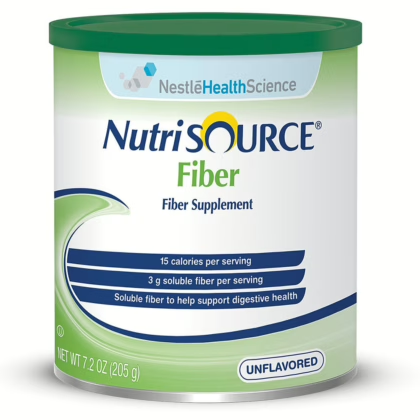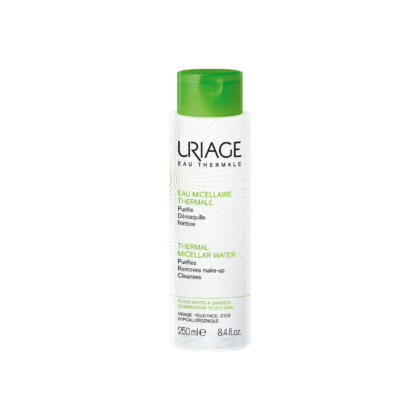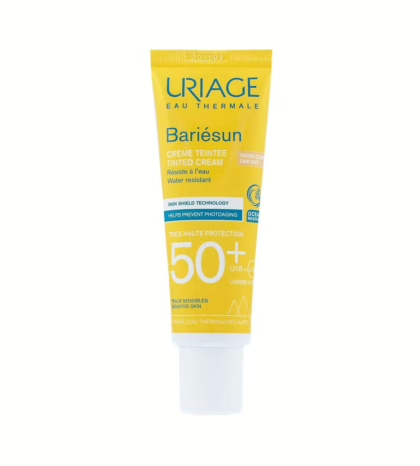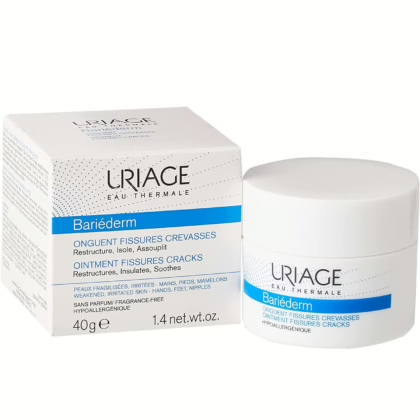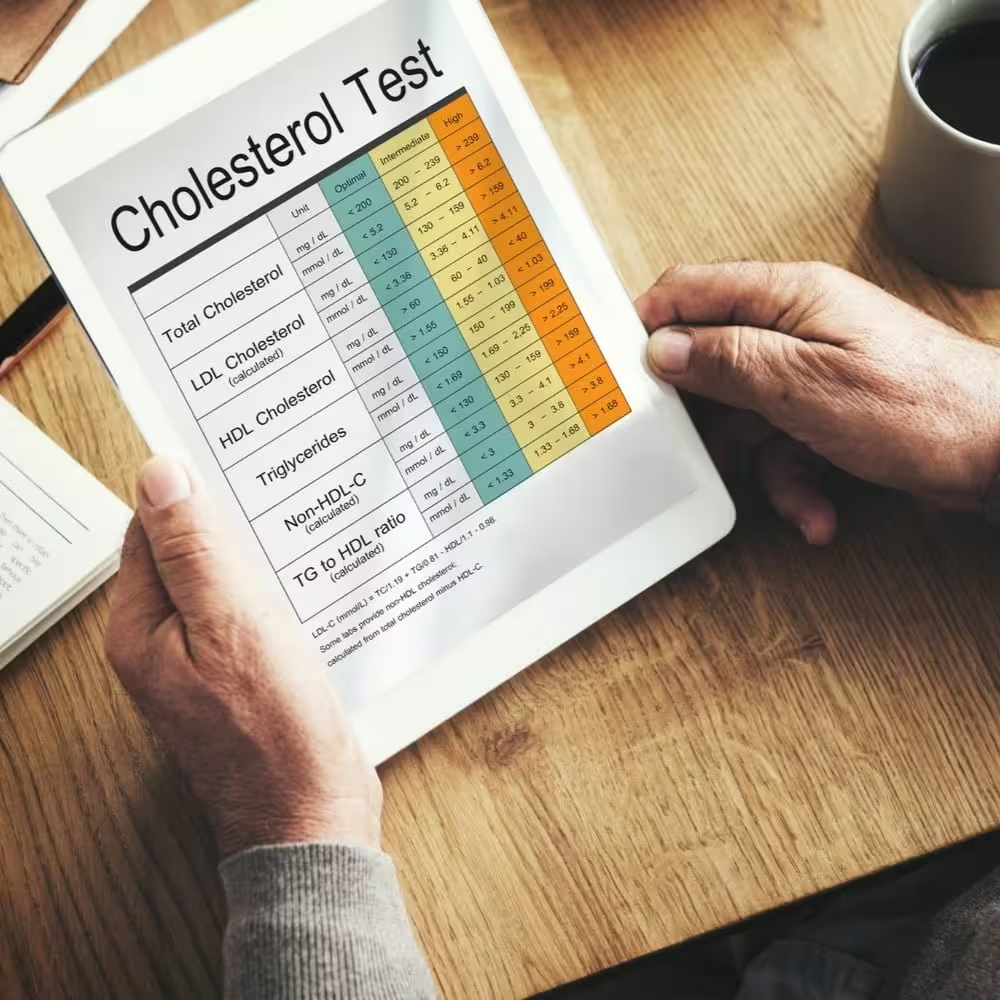
High cholesterol can be dangerous and scary. But it’s also a manageable condition. With the right lifestyle changes and medications, you can lower your cholesterol level and reduce your risk of serious health problems. So, let’s start by learning a little bit more about cholesterol and what makes it dangerous. Then we can talk about how to get your cholesterol level under control. Ready?
Cholesterol is a fatty substance that is essential for many bodily functions. However, high cholesterol levels can increase the risk of heart disease and stroke. Learn more about cholesterol.
Cholesterol levels are measured in milligrams per deciliter (mg/dL). The National Institutes of Health (NIH) recommends the following cholesterol goals for adults:
If your cholesterol levels are above these recommended goals, you are at an increased risk of heart disease and stroke. Your doctor may recommend lifestyle changes, such as diet and exercise, to lower your cholesterol levels. If lifestyle changes are not enough, your doctor may prescribe medication to lower your cholesterol levels.
A dangerous cholesterol level is one that puts you at a high risk of heart disease and stroke. The following cholesterol levels are considered to be dangerous:
If you have any of these cholesterol levels, your doctor will likely recommend aggressive treatment to lower your cholesterol levels and reduce your risk of heart disease and stroke. Consult a doctor now.
There are a number of things you can do to lower your cholesterol levels, including:
If you have high cholesterol levels, it is important to talk to your doctor about the best way to lower your cholesterol levels and reduce your risk of heart disease and stroke.


